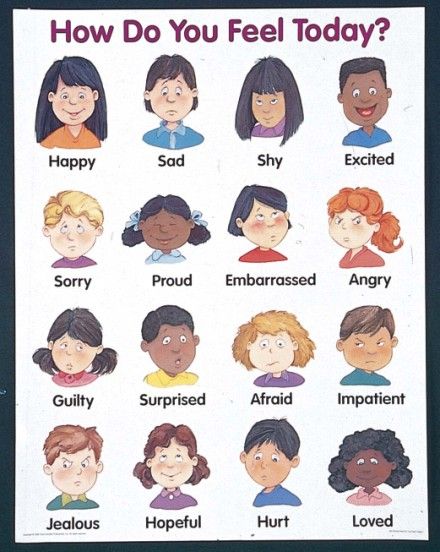How to name a guardian for your child
Naming a Guardian for Your Child
If you have a minor child, it is important to name someone to raise your child (a guardian) in the event that both of your child’s parents pass away before your child becomes an adult. While the likelihood of that actually happening is slim, the consequences of not naming a guardian are great. Providing for your child’s care in this unlikely event is part of being a good parent.
If you do not name a guardian, a judge (who may not know you, your child, or your relatives) will decide who will raise your child without knowing your preference. You cannot assume the judge will automatically appoint your parent or sibling to raise your child; anyone can ask to be considered, and the judge will select the person the judge deems most appropriate.
If you have named a guardian in your will or separate legal document such as a declaration of guardian, the judge will still need to appoint the guardian but will have your preference as guidance. If you are divorced, the judge will usually name the child’s surviving parent as guardian unless it is not in the child’s best interests.
Choosing a Guardian
The person you name as guardian does not have to be a relative, so consider all of your options. As you begin to list and evaluate your candidates, consider the following:
- A guardian’s parenting style, values, and religious beliefs should be similar to your own. If your candidates have children, observe how they are raising and disciplining them. If they do not have children, find out all you can about how they were raised; people tend to parent how they were parented.
- How far away from you do they live? Would your child have to move far away from a familiar school, friends, and neighborhood at an emotionally difficult time?
- How comfortable is your child with your candidates now?
- How emotionally prepared are your candidates to take on this added responsibility? Someone who is single may resent having to care for someone else’s child.
 Candidates with a houseful of their own children may not want more around, or conversely, they may welcome the addition.
Candidates with a houseful of their own children may not want more around, or conversely, they may welcome the addition. - Do they have the time and energy? Your parents may have the time, but consider if they would have the energy to keep up with a toddler or teenager. Someone who works long hours may not initially seem to be the ideal candidate at first, but this candidate may be willing to change his or her priorities if needed.
- If your candidates have children of their own, would your child fit in or feel lost?
- Consider your child’s age and that of your candidates. An older guardian may become ill or even die before your child is grown. A younger guardian, especially an adult sibling, may be concentrating on finishing college or starting a career. If your child is older and more mature, you should consider your child’s input in your decision.
- Is the candidate you select willing to serve? Ask. Do not assume someone will take the job.
The Financial Side
Raising your child should not be a financial burden for the person you select as guardian, and a candidate’s lack of finances should not be the deciding factor in your decision. You will need to provide enough money (from your own assets, from life insurance, or both) to provide for your child the way you want. These funds could then help the guardian buy a larger car or add on to their existing home, if needed.
You will need to provide enough money (from your own assets, from life insurance, or both) to provide for your child the way you want. These funds could then help the guardian buy a larger car or add on to their existing home, if needed.
Consider whether it is appropriate to name someone else to handle the finances. Naming one person to raise the children and handle the money can make things simpler because the guardian would not have to ask someone else for money. However, if the best person to raise your child is not necessarily the best person to handle money, you may select another person to manage your child’s inheritance.
Many parents set up a trust for the child’s inheritance (so the child will not inherit everything at age eighteen) and name someone other than the guardian to be the trustee of the trust. There can be disagreements over expenses (for example, whether the child should go to public or private school), so be sure to name people as guardian and trustee who can work together for the best interests of your child.
Provide a Letter of Instruction
Consider writing a letter to the guardian explaining your expectations and hopes for your child’s upbringing. Include your desires about your child’s education, activities, and religious training. Read and update your letter every year as your child grows and develops interests. You should also discuss these desires with your selected guardian.
Having a Hard Time Making a Decision?
If you are having trouble making a decision, list the pros and cons for each candidate. If you and your child’s other parent are having trouble coming to an agreement, try making your own separate lists of top candidates and look for some common ground. Be sure to name at least one alternate in case your first choice becomes unable to serve.
Keep in mind that the person you select as guardian will probably not raise your child. The odds are that at least one parent will survive until your child is grown. You are simply being a good parent by planning ahead for an unlikely, but possible, situation. Next, realize that no one but you will be the perfect parent for your child, so you are probably going to have to make some compromises in some areas. Also, you can change your mind. In fact, you should review and change the guardian as your child grows and if the guardian’s situation changes.
Next, realize that no one but you will be the perfect parent for your child, so you are probably going to have to make some compromises in some areas. Also, you can change your mind. In fact, you should review and change the guardian as your child grows and if the guardian’s situation changes.
Do not wait too long. Remember, if you do not name someone to raise your child and the unlikely does happen, a court will decide who will raise your child without your input.
Top 10 considerations when naming a guardian in your will
If you don't name a legal guardian before you die, the court will choose who will care for your children, with no input from you.
Also note that legally speaking, the surviving parent has the right to custody if the other dies, so if this is something you don't want, you should plan for this ahead of time as well. When drawing up your will, be sure that you and the other parent are on the same page regarding the legal guardian(s) so you can include the same name(s) in both of your wills to avoid later problems.
While the choice of a child's legal guardian is highly personal, there are some considerations that everyone should think about, and they include the following ten things:
1. How many children do you have under the age of majority?
Make sure they are all provided for individually in your will—it sounds basic and obvious, but don't name just one child and assume the court will automatically grant custody of all of them to the same legal guardian. This may be a particular concern if you have a child with special needs.
2. Do you want all of your children to live together?
If you want your children to stay together, specify this in your will. In fact, if this factor is more important to you than the legal guardian, say so—that is, if for some reason the court does not approve your choice of guardian or your chosen guardian cannot serve but you would still like your children to stay together with a different guardian as named by the court, make this preference clear in your will.
3. Can your chosen guardian handle all of your children?
Especially if you prefer your children to stay together, is your chosen guardian in the position to care for all of your children, emotionally and otherwise? Does he or she have other children as well? How will the families blend?
4. Should you consider co-guardians?
If your preference is to have your children raised in a two-person home, be sure to name each member of the couple as a coguardian. For example, if you would like your sister and brother-in-law to jointly raise your children, include them both as coguardians.
5. How old is your chosen guardian?
Many people immediately think of their own parents for guardians of their children, but consider the age and general health of your chosen guardian and whether he or she will be able to handle the physical demands of raising children. If your children are nearing the age of majority, this may not be as much of a concern, but if you have younger children, it could be a very important consideration.
6. Where is your chosen guardian located?
Are they in the same town as you? A few towns over? Another state? How far away are other family members and important people in your children's lives? Will your children have to deal with moving to a new location in addition to the loss of their parent(s)?
7. Will your child have to change schools?
Many parents would prefer that their children be able to stay in their same school or at least school district should something happen to them; either way, it's important for you to consider where your child would be attending school while living with his or her new guardian.
8. Is your chosen guardian up to the task financially?
As a parent, you know that raising children is expensive, so while ideally, you will have prepared financially for your children ahead of time with estate planning, be sure to consider your chosen guardian's financial resources as well.
9. Does your chosen guardian share your personal and religious values?
You probably would prefer a guardian who shares your basic values and goals as a parent so that your children will be raised similarly to the way you would have raised them.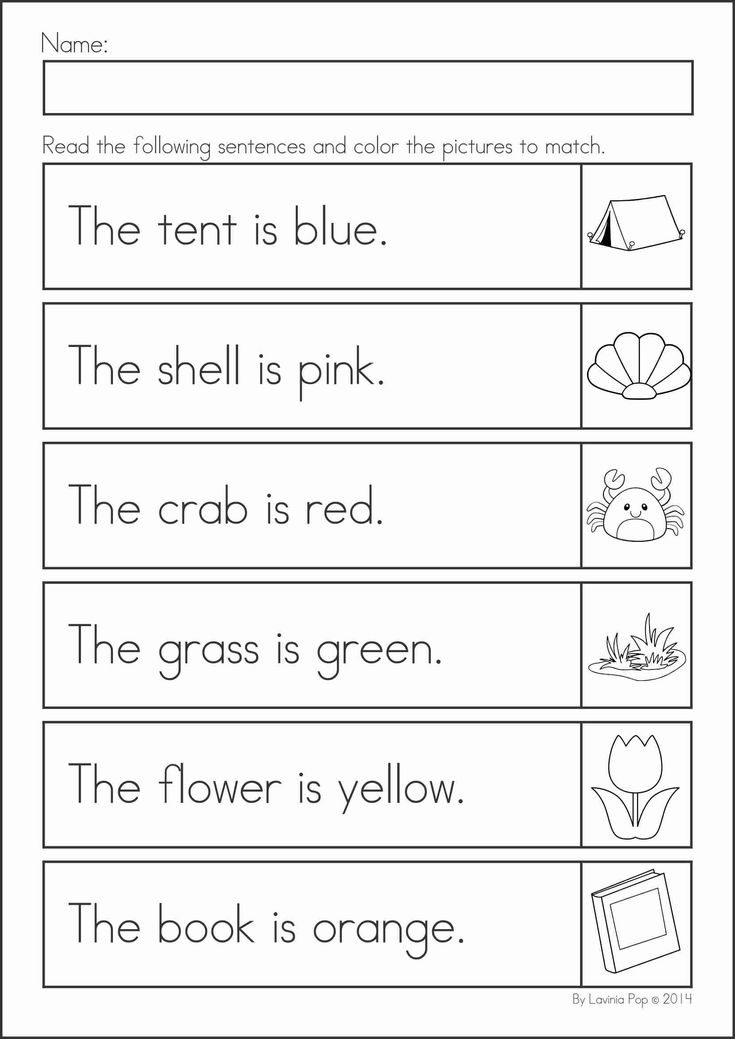 If religious doctrine—or alternately, not teaching religious doctrine—is particularly important to you, you should consider this when choosing a guardian.
If religious doctrine—or alternately, not teaching religious doctrine—is particularly important to you, you should consider this when choosing a guardian.
Think also about whether they can handle the responsibility of raising your child as well as what kind of parent they would be—are they patient, kind, and mature? Do they already get along well with your children?
10. Make sure you have a heart-to-heart with the chosen guardian
Before you make this decision and include a named guardian in your will, sit down and talk with your choice. First and foremost, you want to make sure that he or she will agree to becoming the guardian of your child should anything happen to you, but it is also useful to discuss all the considerations discussed above so you know for certain the answers to those questions.
Part of your job as a parent—now—is to decide who you would want to care for your children in the event of your death. While it may be difficult to find someone who meets all of the criteria, consider the factors on this list carefully to make the best choice possible for your children.
Ensure your loved ones and property are protected START MY ESTATE PLAN
TESTIMONIAL APPOINTMENT OF A GUARDIAN OR TRUSTEE
Issue 4 (10) 2010
UDC 347.64
S.I. Reutov
PhD in Law, Professor of the Department of Social Work
Perm State University. 614990, Perm, st. Bukireva, 15
E-mail: This email address is being protected from spambots. You must have JavaScript enabled to view.
The issue of the right of parents to determine in the event of the death of a guardian or custodian for their minor children is being considered. Based on the analysis, the author comes to the conclusion that the specified will of the parent is a unilateral family legal act and can be qualified as a testamentary disposition. Proposals are made to improve the current legislation and the practice of its application.
Key words: testamentary disposition; guardianship, trusteeship
According to the well-known Roman jurist Gaius, in the ancient law of the Roman state, a testament was made in a national assembly of curiae, which was convened for this twice a year. The testator verbally expressed his will, i.e. before he appointed himself an heir, and in addition, he could appoint a guardian to his wife and minor children [3, p. 241]. Roman law distinguishes three types of guardianship: testamentary, legal and governmental. The difference between the two boils down to the manner in which the guardian is appointed.
The testator verbally expressed his will, i.e. before he appointed himself an heir, and in addition, he could appoint a guardian to his wife and minor children [3, p. 241]. Roman law distinguishes three types of guardianship: testamentary, legal and governmental. The difference between the two boils down to the manner in which the guardian is appointed.
The Code of Laws of the Russian Empire (vol. X, part 1, article 227) provided that in addition to disposing of property, the testator could also make an order to appoint guardians to minor heirs. It was assumed that the content of the will could be exhausted by the order on the appointment of guardianship.
In the Russian Federation on September 1, 2008, Federal Law No. 48-FZ “On guardianship and guardianship” came into force [5]. In accordance with paragraph 2 of Art. 13 of this Law "the only parent of a minor child has the right to appoint a guardian or custodian for the child in the event of his death." In other words, this law, for the first time in the practice of our legislation, gave parents the right to determine a guardian (custodian) for their child in the event of their death.
In recent years, plane crashes, train crashes, explosions, fires in factories, mines, gas and oil pipelines, car accidents, floods, devastating earthquakes and other natural disasters accompanied by mass death of people have become much more frequent on the planet. All this makes people think about drawing up various kinds of legal documents, not only concerning property, property rights, but also determining the fate of their loved ones, and especially children. Most often in such cases, citizens turn to a notary with a request to certify a will. It is not uncommon for parents or one of them to ask a notary to certify a will in which they would like to appoint a guardian or custodian for their child in the event of their death.
This raises the following questions:
– Can a parent's decision to appoint a guardian or custodian in the event of his death be called a will?
– Can both parents certify such a document at the notary at the same time?
– In this testamentary disposition, is the parent entitled to determine the property at the expense of which the guardian (custodian) can pay expenses for the maintenance of the ward child?
Under the will it is customary to understand the order of a citizen in the event of death about his property, made in the prescribed form [6, p. 92]. Article 1118 of the Civil Code of the Russian Federation establishes that a citizen can dispose of property in the event of death only by making a will. In order for this disposition of a citizen in case of death to be recognized as a will, it must meet a number of criteria:
92]. Article 1118 of the Civil Code of the Russian Federation establishes that a citizen can dispose of property in the event of death only by making a will. In order for this disposition of a citizen in case of death to be recognized as a will, it must meet a number of criteria:
- A will is a unilateral transaction.
- A will is made in case of death of a citizen.
- A will is an order of a citizen about his property.
- A will is a transaction directly related to the personality of the testator, and therefore it can only be made by a citizen who at the time of its making has full legal capacity.
- The will must be expressed in writing and notarized (clause 1, article 1124 of the Civil Code of the Russian Federation). Failure to comply with this norm entails absolute invalidity, nullity of the will [4, p. 651].
It should be noted that the citizen specified in the testamentary disposition has the right, but not the obligation, to become the guardian (custodian) of the child.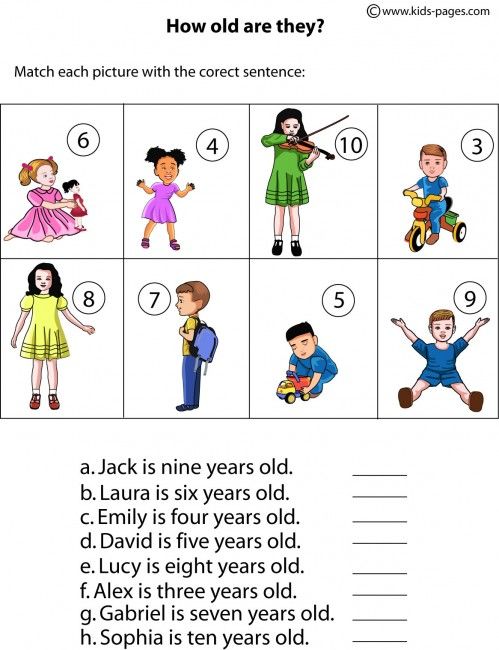 As a general rule (Article 35 of the Civil Code of the Russian Federation), a guardian or trustee is appointed by the guardianship and guardianship authority at the place of residence of the person in need of guardianship or guardianship. The establishment of guardianship or guardianship is allowed under an agreement on the implementation of guardianship or guardianship (clause 6, article 145 of the RF IC, clause 1, article 14 of the Guardianship Law). Thus, the testamentary appointment of a guardian (custodian) is not unconditionally obligatory for the body of guardianship and guardianship. At the same time, the guardianship and guardianship authorities, without sufficient reason, cannot remove from guardianship (guardianship) a person appointed by testamentary disposition.
As a general rule (Article 35 of the Civil Code of the Russian Federation), a guardian or trustee is appointed by the guardianship and guardianship authority at the place of residence of the person in need of guardianship or guardianship. The establishment of guardianship or guardianship is allowed under an agreement on the implementation of guardianship or guardianship (clause 6, article 145 of the RF IC, clause 1, article 14 of the Guardianship Law). Thus, the testamentary appointment of a guardian (custodian) is not unconditionally obligatory for the body of guardianship and guardianship. At the same time, the guardianship and guardianship authorities, without sufficient reason, cannot remove from guardianship (guardianship) a person appointed by testamentary disposition.
Would it be correct to call a will a document in which a parent, exercising the right granted to him by law, appoints a guardian or guardian to the child in the event of his death? It seems to us that it will not be a violation of the law if the notary calls such an order a will.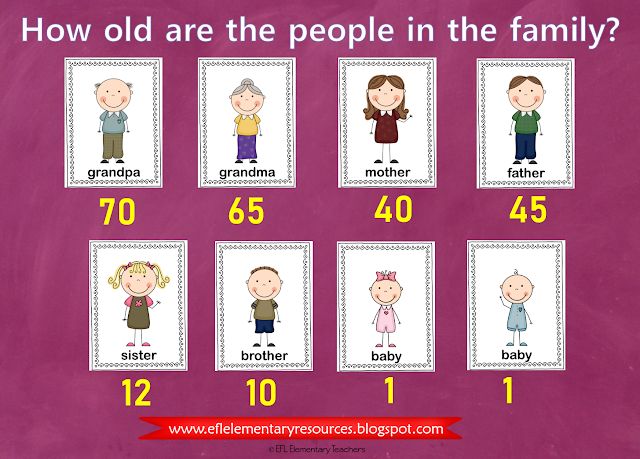 In accordance with paragraph 1 of Art. 1118 of the Civil Code, it is possible to dispose of property in the event of death only by drawing up a will. An analysis of this article only shows that any disposition of a citizen's property in the event of death should be called nothing more than a will. It does not follow from this that the disposal of a citizen with other rights in the event of his death cannot be called a will. Federal Law No. 48-FZ granted the parent the right to determine the guardian or guardian of the child in the event of his death, but such an order must be made in an application submitted to the guardianship and guardianship authority at the place of residence of the child.
In accordance with paragraph 1 of Art. 1118 of the Civil Code, it is possible to dispose of property in the event of death only by drawing up a will. An analysis of this article only shows that any disposition of a citizen's property in the event of death should be called nothing more than a will. It does not follow from this that the disposal of a citizen with other rights in the event of his death cannot be called a will. Federal Law No. 48-FZ granted the parent the right to determine the guardian or guardian of the child in the event of his death, but such an order must be made in an application submitted to the guardianship and guardianship authority at the place of residence of the child.
It seems to us that the parent's order to appoint a guardian (trustee) to the child in the event of his death does not meet all the signs of a will, primarily because it cannot be considered a unilateral transaction. By its legal nature, such an order of the parent will be a unilateral family legal act [1, p. 58–75]. This action, like a will, is made in case of death, must be expressed in writing and, by virtue of the law, can be notarized. No less important is the fact that such an order is also directly related to the personality of a particular parent. The right to determine the guardian (custodian) of the child is extremely important for the parent. This circumstance cannot be underestimated. When a child temporarily leaves the Russian Federation, the legislator imperatively establishes the need for notarization of the parents' consent to the child's departure. A more serious situation arises when it is necessary to secure, at a high professional level, the parent's order to determine the guardian (custodian) of the child in the event of his death.
58–75]. This action, like a will, is made in case of death, must be expressed in writing and, by virtue of the law, can be notarized. No less important is the fact that such an order is also directly related to the personality of a particular parent. The right to determine the guardian (custodian) of the child is extremely important for the parent. This circumstance cannot be underestimated. When a child temporarily leaves the Russian Federation, the legislator imperatively establishes the need for notarization of the parents' consent to the child's departure. A more serious situation arises when it is necessary to secure, at a high professional level, the parent's order to determine the guardian (custodian) of the child in the event of his death.
It should be noted that recently such definitions of a will have begun to appear in the legal literature, in which a will is understood as “an act of an individual to dispose of his material and intangible benefits in the event of death” [2, p. 666].
666].
In our opinion, it is advisable to make changes to part 3 of the Civil Code of the Russian Federation. In particular, paragraphs 1 and 5 of Art. 1118 of the Civil Code shall be stated as follows:
“1. It is possible to dispose of property and personal non-property rights (benefits) in case of death only by making a will.
2. A will is a unilateral transaction that creates rights and obligations after the opening of an inheritance.
A will may be a unilateral legal act that creates rights and obligations after the death of the person who made such a legal act.”
The federal law “On guardianship and guardianship” did not regulate many issues related to the parent's order to appoint a guardian (custodian) for their child. For example, should a parent be subject to the same requirements as a testator? Can such an order be given by a parent with limited legal capacity or by a parent with limited legal capacity (for example, a 17-year-old unmarried mother of a child)? If the legislator recognizes as a testament the above parental order to determine the guardian (curator) for the child, then there will be no need for legal regulation of these issues in the Federal Law of April 24, 2008, since they are regulated in sufficient detail by Part 3 of the Civil Code of the Russian Federation.
At the same time, according to the legislator, in addition to the notary, the head of the guardianship and guardianship authority, the signature of the parent on the application can be certified by a fairly wide range of organizations (for example, organizations at the place of residence, work, study, housing construction or other specialized consumer cooperative and etc.). Sometimes the future guardians (custodians) of the child, along with educational, human rights functions, will also have to carry out the functions of managing a very solid inheritance of their future ward, and therefore such persons should be ready to give an appropriate qualified explanation. We believe that in such cases, these organizations do not bear any responsibility and cannot adequately solve the problems that arise. Therefore, in our opinion, only a notary has the right to certify such a testamentary disposition, since a notary is a highly qualified specialist with extensive experience, who, performing all the necessary procedures for formalizing this notarial act, is at the same time a guarantor of their legality and the correctness of their implementation.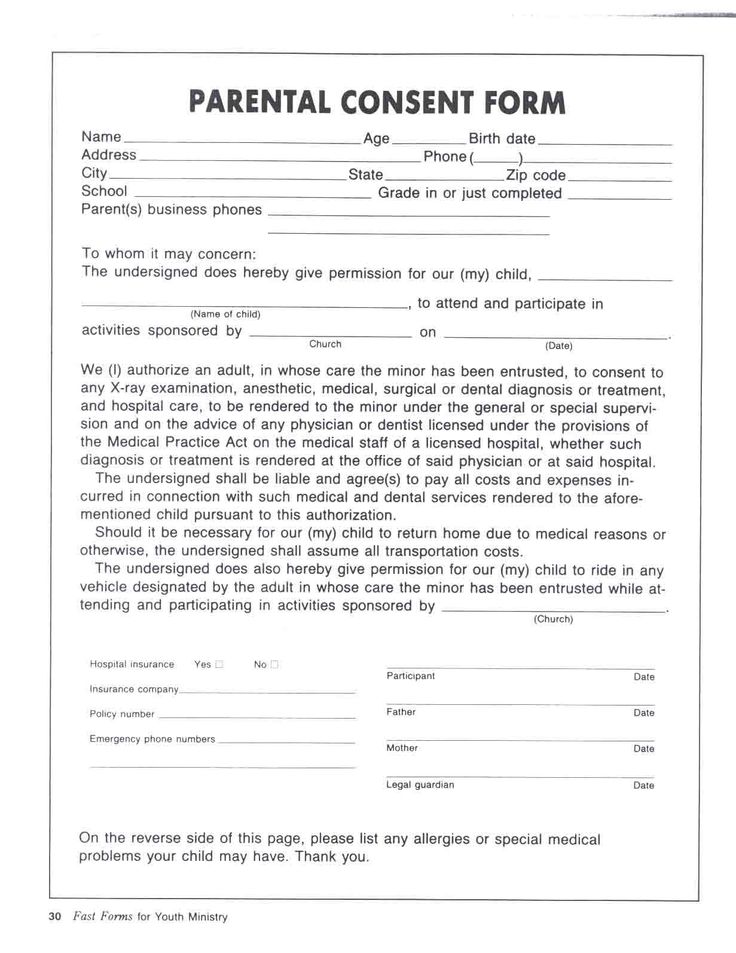
Can both parents at the same time appoint a guardian or custodian for the child in the event of their death? Since the testamentary disposition of a parent is a unilateral legal (family legal) act, it is not allowed to make such a disposition by two parents. In our opinion, paragraph 2 of Art. 13 of the Federal Law “On guardianship and guardianship” is not formulated quite correctly, since, in accordance with this rule, only a “single” parent can make such an order. Parents can leave this life at different times or at the same time. We believe that in both cases, the notary can certify the order of both parents, but these must be different documents and with different wording. In the first case, each of the parents in his document indicates: “... if on the day of my death the second parent is not alive, then in this case I ask you to appoint the guardian of my child ... a citizen ...” In the second case, you should indicate: “in the event of our simultaneous death ….” By the way, guardianship and guardianship authorities are already accepting such applications. In addition, we believe that a document that sets out the parent's order in the event of his death to determine the guardian (custodian) of his child should be called a will or testamentary order, and not a statement on which a notary certifies the authenticity of the parent's signature. For this reason, in our opinion, the wording of paragraph 2 of Art. 13 of the Federal Law "On guardianship and guardianship" needs to be adjusted.
In addition, we believe that a document that sets out the parent's order in the event of his death to determine the guardian (custodian) of his child should be called a will or testamentary order, and not a statement on which a notary certifies the authenticity of the parent's signature. For this reason, in our opinion, the wording of paragraph 2 of Art. 13 of the Federal Law "On guardianship and guardianship" needs to be adjusted.
In addition, situations may arise in practice when a single parent who, in the last years of his life, did not live with the child, did not raise him, did not manage his property, can apply with this kind of application. In this regard, the legislative experience of France deserves attention. Article 397 of the French Civil Code establishes: “The personal right to elect a guardian in the event of his death is recognized for the last of the living parents, provided that until his death he continued to exercise custody or lawful management of the property of a minor” [7, p.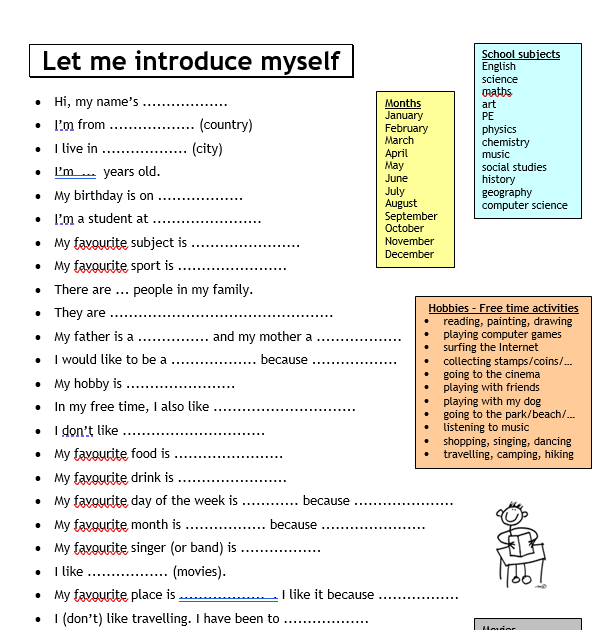 209–210].
209–210].
In our opinion, it is advisable to supplement part 3 of the Civil Code of the Russian Federation with a new article 1140.1 "Testamental appointment of a guardian or custodian" as amended by draft law No. 184681-4. This draft law was submitted by deputies P. Krasheninnikov and E. Lakhova to the State Duma of the Russian Federation when the Federal Law of April 24, 2008 was adopted (including on issues related to determining the property at the expense of which the guardian (custodian) has the right to pay maintenance costs ward).
We believe that in a testamentary disposition, parents could exercise other rights not related to the disposal of property, for example, the right to voluntarily recognize themselves as the father of a child born out of wedlock, if at one time the citizen could not do this for some reason (for example, not wanted to complicate relations in his family).
References
- Danilin V.I., Reutov S.
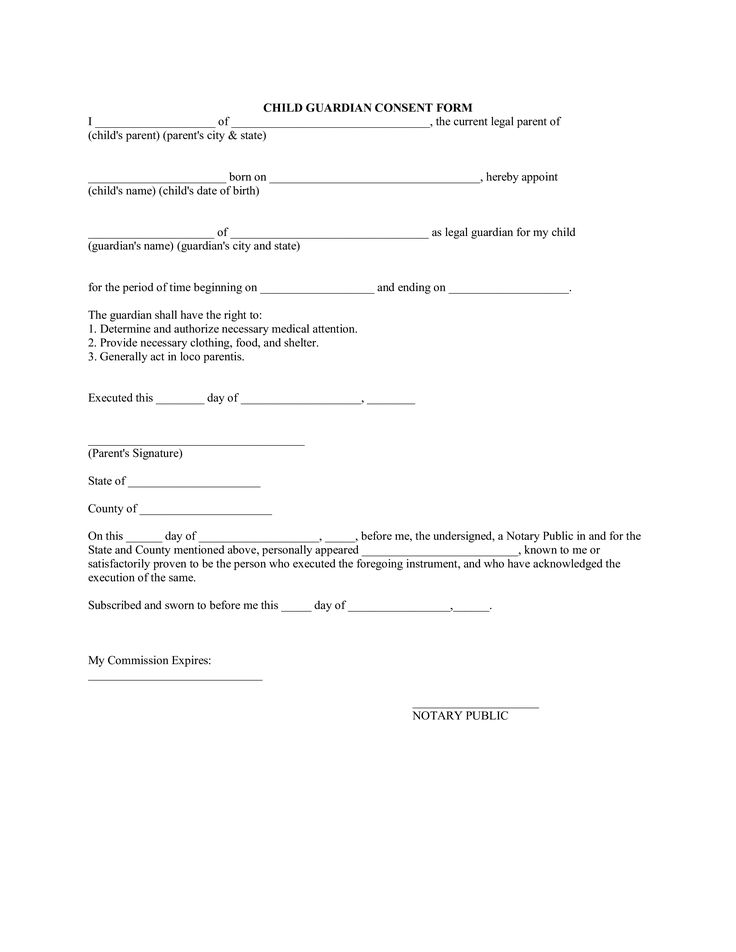 I. Legal facts in Soviet family law. Sverdlovsk: Publishing House Ural. university, 1989. 155 p.
I. Legal facts in Soviet family law. Sverdlovsk: Publishing House Ural. university, 1989. 155 p. - Civil law : textbook. allowance / under total. ed. A.P. Sergeeva, Yu.K. Tolstoy; 4th ed. revised and additional M.: TK "Velby". Prospekt Publishing House, 2004. 608 p.
- Roman private law: textbook / ed. I.B. Serebrovsky and I.S. Peretersky. M.: Yurid. Publishing House of the USSR Ministry of Justice, 1948. 583 p.
- Russian civil law : textbook: in 2 volumes / otv. ed. E.A. Sukhanov. M.: Statut, 2010. Vol. 1. 958 p.
- Russian newspaper. 2008. April 30.
- Serebrovsky V.I . Essays on Soviet inheritance law. M.: Publishing House of the Academy of Sciences of the USSR, 1953. 240 p.
- French civil code: textbook-pract. a comment. M.: Prospekt, 2008. 752 p.
How can parents appoint a guardian for their child? » Uninsky municipal district of the Kirov region
6.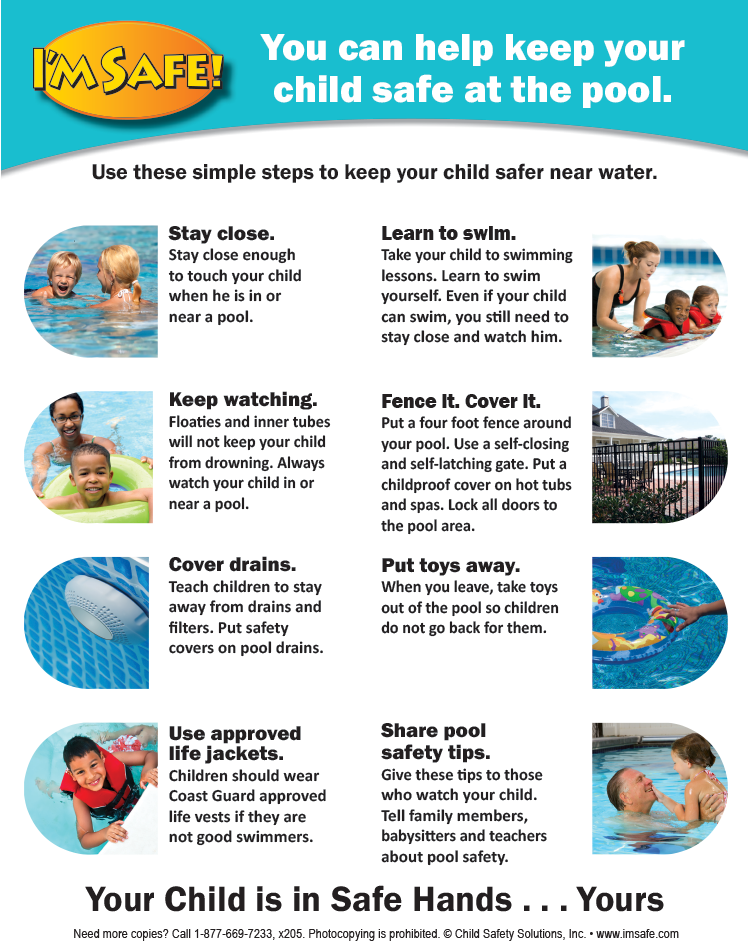 11.2019
11.2019
Parents may submit a joint application to the Custody and Custody Authority for the appointment of a guardian for their child under 14 years of age for the period when, for valid reasons, they will not be able to perform their parental duties.
The reasons for filing such an application may be the temporary departure of the parents, when in order to ensure the normal development, education and safety of the child, it is advisable to leave him at his former place of residence, illness of the parents, a long business trip and other good reasons.
The need to appoint a temporary guardian in such a situation is obvious: in addition to fulfilling the duties of caring for the welfare and health of the child, it is necessary that the person with whom the child remains has the right to consent to medical intervention, to represent the interests of the child.
Also, the sole parent of a minor child in the event of his death, or both parents in the event of their simultaneous death (that is, death on the same day) has the right to appoint a guardian for his child.
To appoint a guardian for a child, you must:
1. Prepare an application for the appointment of a guardian for a child
A written application for the appointment of a guardian for a child is drawn up in any form. It must contain the following information:
1) guardianship and guardianship authority to which the application is submitted. As a general rule, it is addressed to the body of guardianship and guardianship at the place of residence of the child;
2) Full name, address and other contact details (telephones, e-mail address, etc.) of the applicants - the parents or the only parent of the child;
3) Full name and the date of birth of the child who is required to appoint a guardian;
4) the reasons and circumstances in connection with which the appointment of a guardian is required for the child;
5) Full name and other personal data (in particular, date of birth, passport data) of the person whose appointment as a guardian is requested by the applicants.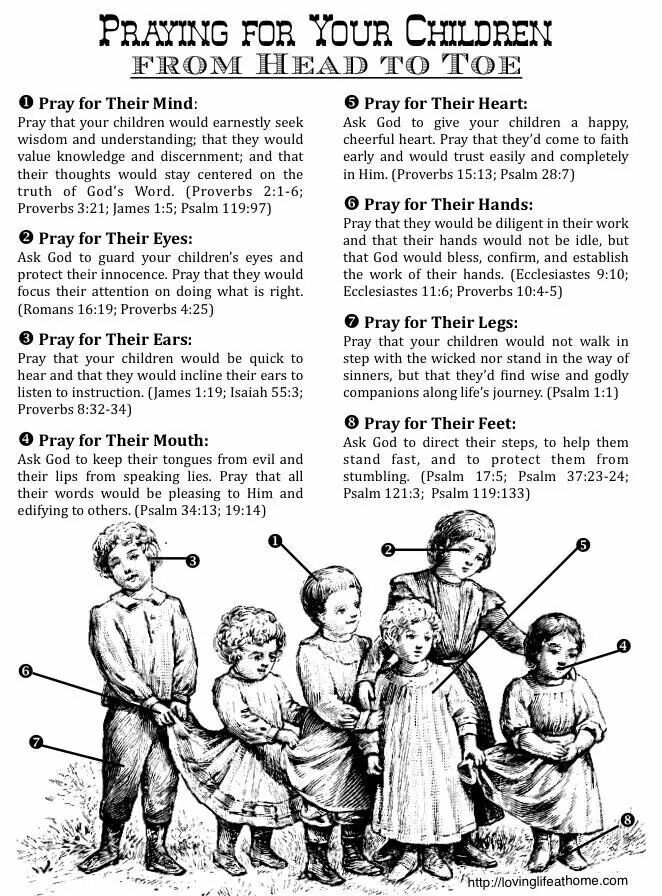 It must be taken into account that guardians are appointed only with their consent to this. Therefore, it is advisable to first coordinate this issue with the person you want to appoint as the guardian of your child;
It must be taken into account that guardians are appointed only with their consent to this. Therefore, it is advisable to first coordinate this issue with the person you want to appoint as the guardian of your child;
6) the period for which guardianship is required, if the submission of the application is due to the temporary inability of the applicants to fulfill their parental responsibilities.
The application must be signed and dated. If the single parent or both parents submit an application in case of their death, their signatures must be certified by the head of the guardianship and custody body. If the parents cannot come to the guardianship and guardianship body, their signatures must be certified by a notary or other authorized bodies, for example, the administration of a stationary social service organization in which the parent lives, or the head or deputy head of the relevant social protection body.
2. Submit an application for the appointment of a guardian to the guardianship and guardianship authority
Parents can submit an application for the appointment of a guardian to the guardianship and guardianship authority on their own or through a representative. At the same time, it is necessary to have an identity document with you (as a rule, this is a passport), a birth certificate of the child, and when applying through a representative, a power of attorney to perform the relevant actions.
At the same time, it is necessary to have an identity document with you (as a rule, this is a passport), a birth certificate of the child, and when applying through a representative, a power of attorney to perform the relevant actions.
3. Wait for the decision of the body of guardianship and guardianship
In general, the guardianship and guardianship authority must issue an act appointing a guardian to the child within one month from the moment it became aware of the need to establish guardianship over him.
The guardianship and guardianship authority has the right to refuse to appoint a guardian of the person indicated by the parents in the application in the following cases:
• if the person indicated by the parents does not meet the requirements for the identity of the guardian;
• if it is determined that the appointment of a person named by the parents as a guardian is contrary to the interests of the child. This situation is possible, for example, if a child who has reached the age of 10 objects to the candidacy of a guardian.

